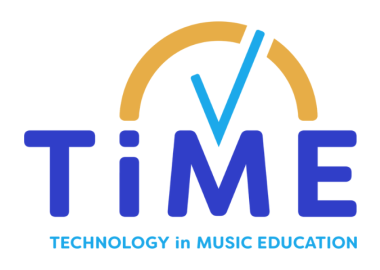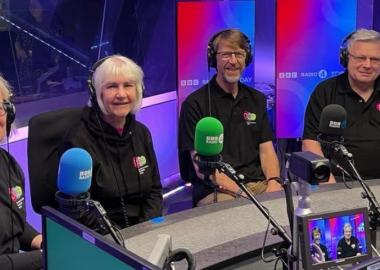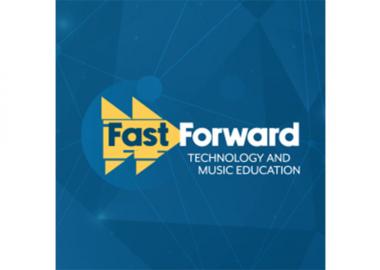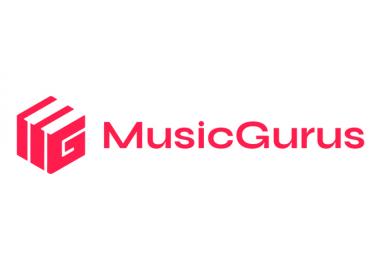The Incorporated Society of Musicians (ISM), long at the forefront of lobbying for music (and arts) education in schools, has just launched its new report, Music Education: State of the Nation, at the All Parliamentary Party Group for Music Education, for which it provides the secretariat.
Lots of parliamentarians from both sides of the House, and from both the Commons and Lords, turned up for the launch and debate. But was this just a welcome distraction from you know what on 29 March?
It seems likely there is more to it than that and that the Bacc for the Future campaign (demanding a review of the Ebacc accountability measure in secondary schools, because it does not include any arts subjects) is getting through to legislators, among others. But whether they have the stomach to act on the campaign, or indeed on this report, remains to be seen, as it would pit them directly against schools minister Nick Gibb and Education Secretary Damian Hinds who are currently wedded to knowledge-based learning and wielding a pen in a panic in exams as the ultimate model of modern education.
There is a lot wrong with the model, as well as with the particulars, as they relate to the Ebacc measure, which the government would like 90% of schools to implement by 2025. Not only is the measure’s implementation stubbornly hovering at only around 38% of students entering it every year, the Department for Education’s own data show only 16.7% of students actually attained it in 2018, a fall of 4% from the previous year.
So there’s a perfect storm here of a bad policy, which isn’t even succeeding, and as well as excluding any arts subjects, it has the knock-on effect (as schools are measured on their GCSE results) that most establishments now force kids to start on the GCSE curriculum in year 9 – i.e. one year early – to improve results. This means that, for instance, music teaching is often shrunk further from years 7-9 to just years 7-8. After the age of 13, in other words, there is no compulsory or comprehensive music education available to young people in schools, unless they take GCSE or A-level music.
And so a vicious circle starts: with schools espousing the Ebacc measure, fewer and fewer of them are employing dedicated full-time music teachers, and therefore fewer and fewer children are choosing to carry on with music beyond year 8. That comes on top of often patchy music education at primary level where there are nowadays very few dedicated music teachers and other teachers lack the confidence and training to teach music.
The data in this report has been rigorously scrutinised by academic researchers and it is sad to see that the Department for Education which provides the underlying figures (e.g. GCSE entrants) seems unable to interpret its own figures correctly.










